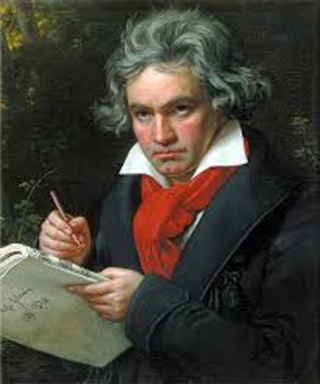9/25/2022 Personal Thoughts about Composers and Their Works - Händel
- Takeaki Iida

- Sep 25, 2022
- 3 min read
Updated: Mar 11, 2024
Chapter 9 George Friedrich Händel
(1685-1759, died at the age of 74)

Born in 1685 in Halle, Germany, the same year as J.S. Bach, he first studied law at the University of Halle and moved to Hamburg, where opera was popular at the time. Then he became the court musician of the Elector of Hanover after worked in Italy. Soon afterwards, he moved to London, gained success, became a British subject and spent the rest of his life in London. In contrast to Bach, who was a church musician, Händel's works were mainly written for theater and public performances, featuring strong dramatic and colorful elements, especially suited for choral works.
I felt once again that opportunities to listen to Händel's works in "live" performances are much fewer in recent years compared to when he was young about 70 years ago. During this time, jazz, rock, pops, rap, and other genre of music that young people liked flooded the streets. Although opportunities to listen to "live" classical music increased compared to those days, there were more opportunities for musicians to perform pieces by late romantic or contemporary era composers, including Mahler, Bruckner and so forth. Compared to the works of other composers, I feel that Händel is becoming one of composers who cannot be heard “live” unless I seek out the opportunities. Even if I could listen to him "live", it is almost impossible in Japan to listen to the instrumentation in the style of the time in the hall (Saal) or small room (Raum) of the palace or in the church at that time. Music by Bach and Händel, mainly performed with string instruments, such as violin, viola, cello, contrabass, and harpsichord (if we include harpsichord as string instrument), for its structure, tempo, and harmony, are pleasant music to listen even to the contemporaries.
However, many people who do not like classical music seem to find the music especially by Händel and others from that period boring and uninteresting as soon as they hear it, and I cannot explain why, and unfortunately, there is nothing we can do about it. When I think about music by Händel, they are oratorio "Messiah" and various "Concerti Grossi" first.

*① I listened to the recording of "Messiah" performed by the London Symphony Orchestra and its choir conducted by Sir Adrian Boult numerous times, and this time I relistened after over ten years. It was good. The harmony and rhythm, and tempo bring me back to the world of spiritual silence that is precious in today's hustle-and-bustle world. In particular, Joan Sutherland’s (soprano) high-pitched singing ability with its growth amazes me with its beauty. On top of the sound of harpsichord and organ, the dry trumpet sound resonates refreshingly, and the harmony between the singer and the chorus echoed beautifully. The Schluss Chorus, which marks the end of the long oratorio "Messiah" is the most moving chorus from every point of view.
I also watched a video of a performance (January 2020) directed by Robert Wilson at the Mozart Theater in Salzburg. It was my first time to see an acting of Messiah accompanied by chorus, singing and orchestral music. The stage sets and costumes were far from modern designs and were sci-fi-like inorganic ones. Listening only to music and imagining scenes from sounds in a fantasy world, and listening to music while looking at the materialized people on stage are completely different images in the mind. I thought that it would definitely be preferable to listen to ”Messiah” at a concert with only chorus, singing and orchestral music, or on a record or CD.

*② I listened to "Concerti Grossi, Op. 6": (Performed by the Italian Ensemble) again. Along with "Messiah", I felt that it was one of Händel's representative pieces. Listening to "Concerti Grossi, Op. 6" takes about three hours. It is long but enjoyable if listened on CD or record, but perhaps it is impossibly long to listen to it “live.” I imagined that it would be a perfect music if I could listen to it with a glass of wine in my hand and a cool breeze.
*③ "Music for the Royal Fireworks": Listening to it for the first time in a long time, the sounds of wind instruments, especially the high-pitched trumpets and the transparent sound of horns, have a luxurious feeling that fills the world of eternity.
*④ Three double concertos No. 2 in F major (6 movements) and No. 3 in F major (6 movements) (Concerti a due cori): Same as above, this makes you want to listen to it again in this era.
For your reference, the table below shows the list of works by the composer that I listened to.

.png)



Comments